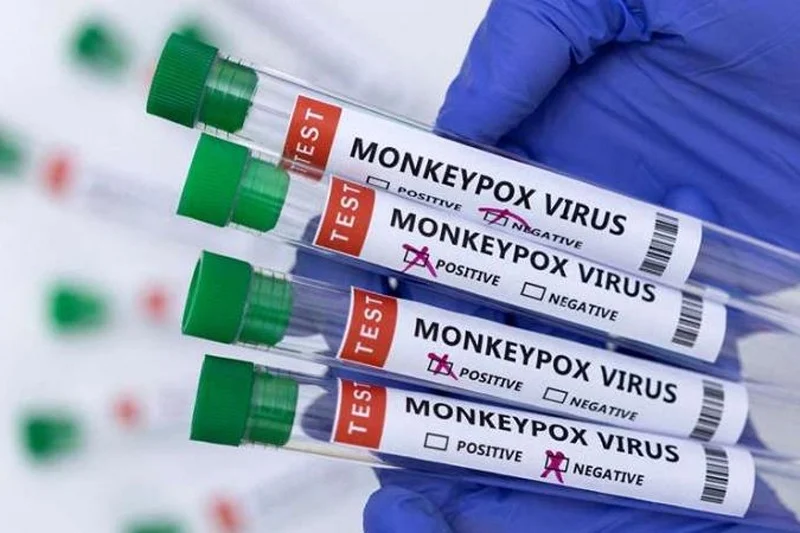Morocco’s Ministry of Health and Social Protection announced on Thursday that it is closely monitoring the epidemiological situation of monkeypox (Mpox), which is spreading rapidly and on a large scale in several African countries, as part of the international epidemiological surveillance system.
The national vigilance and response plan to this epidemic was updated in accordance with developments in the international epidemiological situation and changes in the level of knowledge about this disease, as well as recommendations from the World Health Organization (WHO), the department said in a press release.
The Ministry added that a national proactive plan, elaborated and activated since June 2022, had detected 5 cases up to March 2024. Most of these cases were imported and did not result in infection among those in contact.
These cases, which were moderate, have fully recovered without any complications.
The Ministry reassured citizens of the level of vigilance and preparedness in the country, noting that it will continue to communicate and inform on the development of the situation.
The World Health Organization declared the outbreak of the Mpox new virus strain in the Congo and elsewhere in Africa a global emergency.
“The detection and rapid spread of a new Clade of mpox in eastern DRC, its detection in neighboring countries that had not previously reported mpox, and the potential for further spread within Africa and beyond is very worrying,” WHO chief Tedros Adhanom Ghebreyesus said on Wednesday.
The high case-fatality rate recorded in Eastern DRC require a global effort and cooperation to limit its spread, WHO Chief said.
More funding is needed to counter the outbreak of the virus. The WHO said it needs $15 million (€13.6 million) to support Africa’s mpox response, and that it has already released $1.45 million (€1.32 million) from its emergency reserves.
WHO also warned that more imported mpox cases would likely be spogtted in Europe soon after Sweden on Thursday announced the first such case outside Africa.
“The confirmation of mpox Clade 1 in Sweden is a clear reflection of the interconnectedness of our world… there are likely to be further imported cases of Clade 1 in the European region over the coming days and weeks,” the WHO’s European regional office said in a statement.
More than 14,000 mpox cases and 524 deaths have been reported in at least 13 African countries in 2024, including Burundi, Kenya, Rwanda, and Uganda, which reported their first cases of the new strain in recent weeks.
The Mpox virus is transmitted to humans through close contact with an infected animal or person.
Human to human transmission can happen through direct contact with skin lesions, body fluids, or respiratory droplets of an infected person, prolonged face-to-face contact with an infected person, or Touching contaminated objects, such as bedding or clothing that have been in contact with the infectious material, although this is a rare mode of transmission.
Symptoms include fever, headache, muscle aches, and a distinctive rash that can appear on the face, hands, feet, and other parts of the body. The rash eventually forms pustules and scabs before healing.



